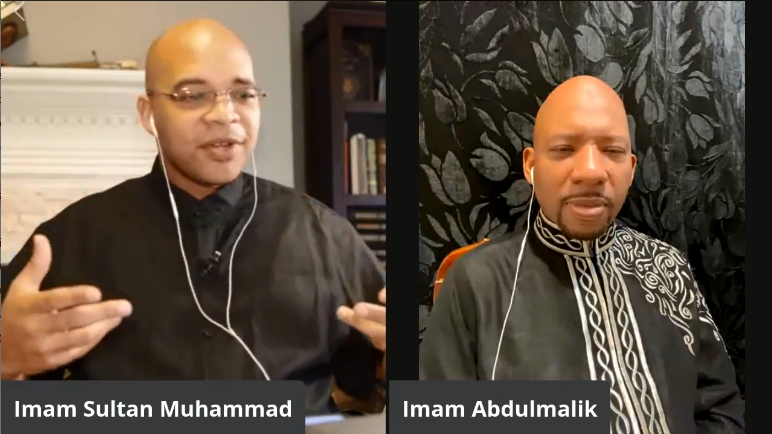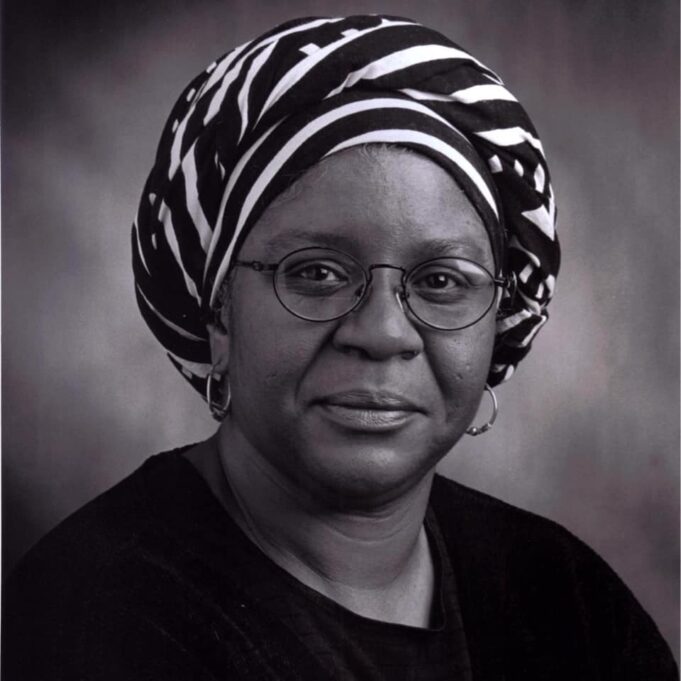Hajj, which normally draws millions of Muslim pilgrims to Mecca and Madinah for the annual gathering, this year in the midst of a global pandemic was dramatically different. The Saudi government only allowed 1,000 local worshippers between the ages of 20 and 50 to attend.
Saudi Arabia has the highest number of Covid-19 infections in the Arab world with almost 270,000 confirmed coronavirus cases and more than 2,700 deaths making this year’s Hajj “unprecedented.”
“Hajj in 2020 is a truly exceptional pilgrimage by all measures,” Saudi Minister of Hajj and Umrah Muhammad Saleh bin Taher Benten said, according to a statement by the kingdom’s media ministry. “Due to the exceptional global health circumstances caused by the coronavirus pandemic, strict precautionary measures have been applied to ensure a healthy Hajj for all pilgrims.”
To prevent the spread of the pandemic, earlier this year, the kingdom suspended Umrah, a smaller pilgrimage that can be done at any time of the year. Hajj is done two months and 10 days after Ramadan ends, during the Islamic month of Dhul-Hijjah.
Hajj recognizes Hagar’s sacrifice in the desert, her trust in God to provide as she runs seven times between two hills. The pilgrims who come to Hajj follow her footsteps.
This pillar of Islam ends with the celebration of Eid al-Adha, which commemorates Prophet Ibrahim’s willingness to sacrifice his son Ishmael at God’s request. This year Hajj season was July 26 – July 31.
For Muslims unable to travel, they celebrated Hajj and the Eid in many ways. Journey of the Heart was held July 30 as an early morning call for listeners to hear three different Hajj stories.
Dr. Abdul Akbar Muhammad is the international representative of the Nation of Islam. He told those tuned in: “I’ve made Umrah quite a few times. I think more than I can count perhaps 16, but I never actually went to Mecca during the Hajj season.”
He shared the impact those trips made on him, explaining one of this first two trips to Mecca. One was in October of 1976, he said.
“I was the assistant to Imam Warith Deen Mohammed and they had planned a trip for him but there was a conflict in his schedule and so they told me I had to go. It was an unbelievable trip. Every time I think about it, I remember that as a Muslim you face towards the Qibla when you say your prayers and you pray to Allah,” shared Min. Akbar Muhammad.
“We stood in the prayer line. I put down one of my pens that was a Mont Blanc. It was a gift to me that I forgot to pick up. I told the brother who became my companion on the whole trip, Ahmed Deedat from South Africa. He suggested I go to the hotel desk. Surprisingly, I went to the desk, described the pen and where I left it. The man said just a minute. He returned with my pen and it was one of the great lessons about being there and the West with people who just steal everything,” he reflected.
Making Hajj is a life changing experience. It is the land where the Holy Qur’an was revealed to Prophet Muhammad (peace and blessings be upon him), and he transformed an entire society from what was considered a state of ignorance.
To be in the same land where revelation after revelation was revealed is impactful. Dr. Aminah Al-Deen, professor emerita in Islamic Studies at DePaul University’s Hajj experience was impactful but not as it was for most.
“I’m a researcher and was with a diplomatic corps group that had many amenities that other groups did not have and that made me feel a little guilty. My husband and I were the only Black couple in the group, and I found myself acting real American having to deal with the Saudis. I found myself raising my voice, asking ‘why can’t you do this’ and I hate to be ignored,” she said.
“When we went out, I looked at the starkness of the mountains and reimagined the story of our Prophet, peace and blessings be upon him. Knowing you’re in that place was overwhelming. I have to admit I didn’t believe in the well of Zamzam until I saw it. I brought back water. The one thing that stood out most to me was getting a snippet of my hair cut which is part of the ritual.”
For Imam Abdul Jalil Muhammad, president of the Deen Intensive Academy, getting to Mecca was one miracle after another. He told the audience how the day before he was supposed to leave his visa had not arrived. That meant a trip to New York to the Saudi embassy to get one.
“When I arrived at the counter, I gave the brother the ‘salaams’ (greetings of peace) and said my visa was never sent. I’m here to pick it up. He said, ‘I’m sorry brother. No more visas, yesterday was the last day for visas to be issued.’ I said, no. I don’t think you heard me. I said I came here from Chicago. My group leaves from Atlanta this evening. I came to pick up my visa. He said ‘I don’t think you heard me. No more visas are being given.’”

Jalil Muhammad said he then looked at his watch and noticed it was time for Zuhr (afternoon) prayer and said to the man, “why don’t we make salat and while we have our heads on the ground, why don’t we ask Allah if visas are being given today?”
The man agreed. “We walked in the prayer room. After we finished, I walked back to the counter. I said before you tell me what Allah told you. I want to tell you what Allah told me.” The man responded, “No, let me tell you what Allah told me,” recalled Jalil Muhammad. “I said go right ahead. He said ‘Allah told me to give visas today.’ I said my goodness, that’s what He told me,” he reflected.
Similar to earlier this year during Ramadan, Muslims celebrated Eid al-Adha with prayers marking the conclusion of Hajj with video gatherings to maintain social distancing guidelines but keeping in spirit with the occasion.
Imam Abdul Malik of New York and Imam Sultan Rahman Muhammad conducted an online Hajj reflections discussion July 30 discussing the importance of this sacred time for Muslims and also shared their Hajj experiences. “My first Hajj was with my family,” said Sultan R. Muhammad, national imam of the Nation of Islam. “I was there for schooling with my father, my stepmother, my brothers, my sister and a group of students of Imam Warith Deen Mohammed and imams that were training at that time including of course my father who helped to organize this. They were studying for an extended period in Riyadh,” he recalled.
Imam Abdul Malik had the unique experience of being a 15-year-old guide for Min. Farrakhan in Mecca. In 1985 young Abdul Malik was volunteering with the government of Saudi Arabia to receive American pilgrims from the airport to translate for them and much to his surprise Minister Farrakhan was there.
“I walked over to the Minister and began to speak Arabic. He said ‘brother’ with a smile, ‘I don’t speak Arabic.’ I said great sir. I speak English. We went to his room and sat down. We talked for a very long time and I told him that I would be willing to escort him throughout the Hajj season if he was ready to begin his journey.” The Minister was with his wife, Mother Khadijah Farrakhan; Mother Tynnetta Muhammad, wife of the Honorable Elijah Muhammad; and his longtime friend and companion Jabril Muhammad.
“He showed me nothing but love, compassion and respect and I had so many questions for him. … we had a beautiful discussion.”













